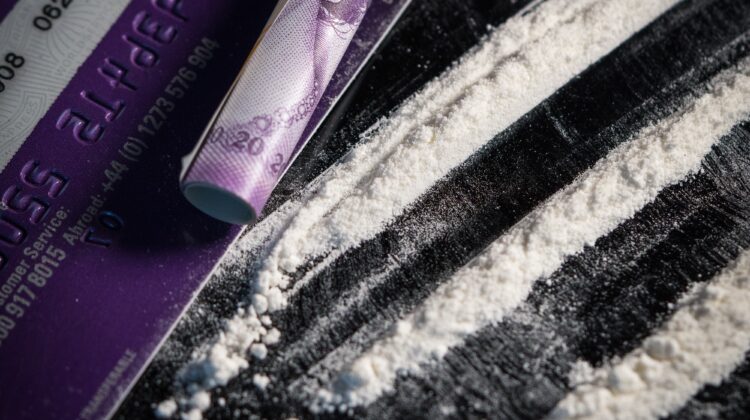Nearly seven people on average lost their lives to a toxic drug overdose in BC during January.
According to data released today (Tuesday) by the BC Coroners Service, 211 suspected illicit drug deaths were tallied province-wide.
Northern Health saw 13 drug overdose fatalities to begin 2023 with seven of those occurring in Prince George.
2022 was the second-deadliest year in BC’s history when it came to the illicit drug crisis with 2,293 fatalities.
“Once again, our agency is reporting on preventable losses of life in heart-breaking numbers,” said Lisa Lapointe, chief coroner. “We are nearing the seventh anniversary of the declaration of the public-health emergency into substance-related harms, and the drug-poisoning crisis continues to cost lives and communities at an unprecedented rate. Toxic drugs pose a constant and ever-present danger to anyone who uses drugs. Anyone using any substance purchased on the unregulated illicit drug market is at risk of serious harm or death.”
Last year, Northern Health posted 179 drug poisoning fatalities – a record high.
Our health authority begins this year with the third-highest drug toxicity death rate of 50.9 per 100,000 people – Island Health (52.0) and Vancouver Coastal ranked higher.
In terms of the Health Service Delivery Area, the Northern Interior, which includes PG-Quesnel-Burns Lake and the Robson Valley had the third-highest drug toxicity death rate of 69.7– only Vancouver (99.7), and North Vancouver Island (85.2) placed higher.
Two fatalities have occurred at an overdose prevention one in 2022 while the other took place this year.
Minister of Mental Health and Addictions Jennifer Whiteside issued the following statement:
“Our province mourns the 211 British Columbians we lost in January. They left behind family and friends, who I know miss every day.
“As we continue to lose loved ones, the effects of the toxic drug crisis remain as some of the most urgent challenges we face as a province.
“First responders, health care, front-line, and community workers are changing lives and making a difference. We must continue to support their work.
“While the Province has been adding new treatment and recovery services, expanding overdose prevention, and working to end the stigma around addiction, illicit substances have become more toxic.
“Budget 2023 invests more than $1 billion to accelerate our efforts to build an integrated system of care for mental health and addiction services in our province. We are adding new treatment and recovery beds, creating new community recovery sites, and opening the first-of-its-kind seamless model of addiction care at St. Paul’s Hospital.
“We know that in order to connect people to treatment and recovery, we must first keep them alive. That’s why we are continuing to invest and expand harm-reduction measures throughout the province to separate people from the toxic, unpredictable illicit drug supply. This year’s budget commits $184 million to support our response to toxic drugs, including adding more options for safe prescription alternatives, like diacetylmorphine.
“Our government is committed to supporting people. That’s been our priority since 2017 and continues to be our priority now. We are going to keep escalating our response to the toxic drug crisis by using all the tools in our toolbox to save lives and end this public health emergency.”
Something going on in the Bulkley Valley Lakes District you think people should know about?
Send us a news tip by emailing [email protected].





